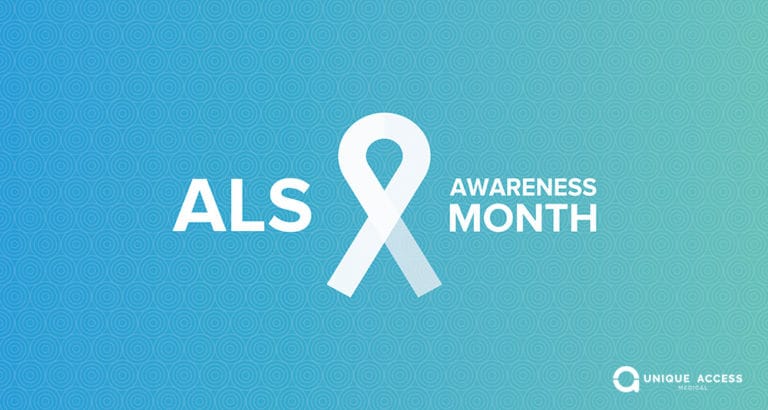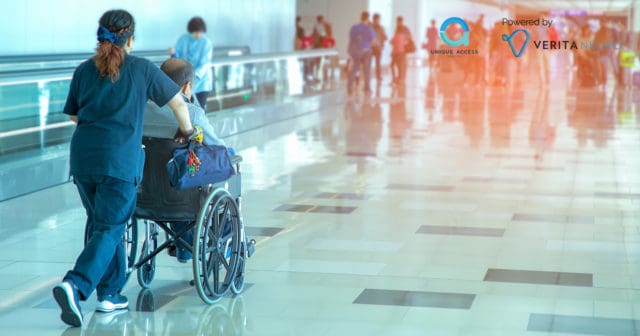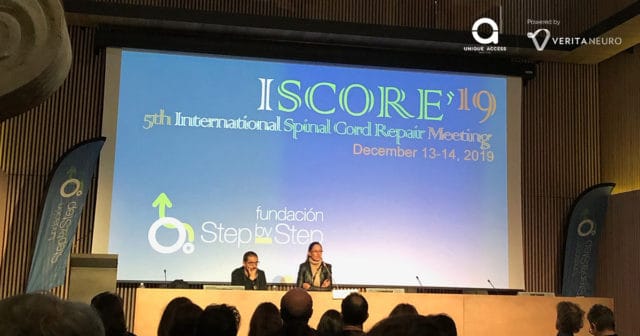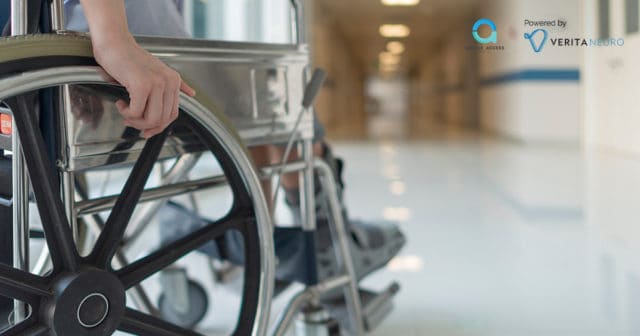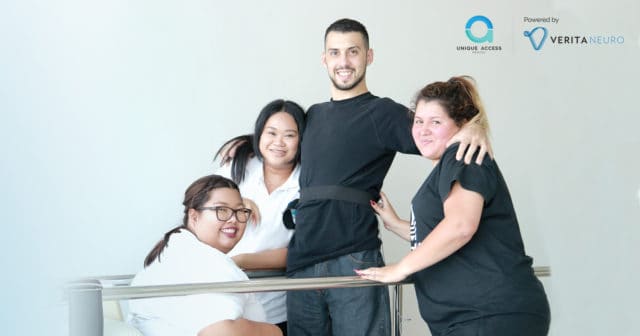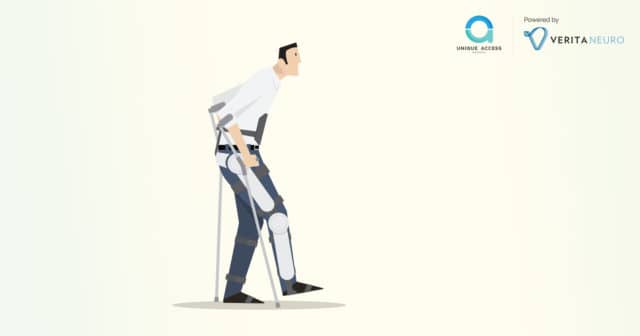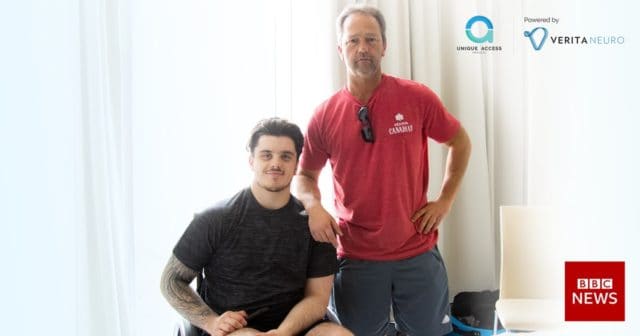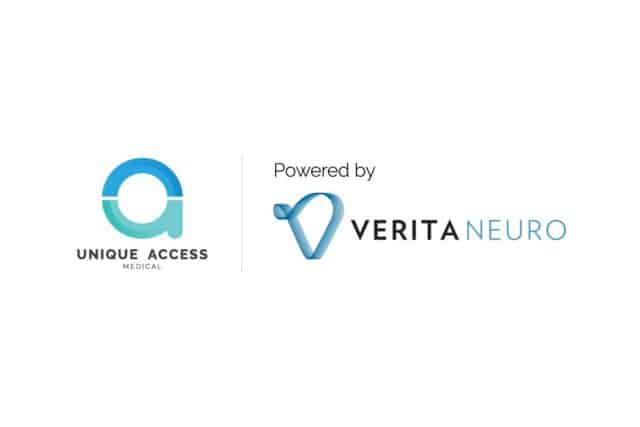The nationwide, non-profit ALS Association is working a bit harder this month than last month. That’s because May is when their campaigns are in full bloom in raising awareness for Amyotrophic Lateral Sclerosis, the neurological disease that robs its victims’ of their ability to make voluntary movements.
Ever since Independence Day in 1939 – when beloved American athlete Lou Gehrig announced to 60,000 fans at New York’s famed Yankee Stadium that he was stricken with ALS – the disease now bearing his name has become better understood, even though no test yet exists to diagnose it definitively.
As of 2019, no cure yet exists to rid patients of Lou Gehrig’s disease, either. This means anyone who develops ALS eventually dies from it, typically succumbing to respiratory failure within 2-5 years of being diagnosed.
While the facts may sound a bit grim, the reality is that much progress has been made in understanding the disease and managing its symptoms, including through regenerative medicine treatments like the ones to which Unique Access Medical (UAM) provides access.
Here are some of the important milestones that the ALS Association would like you to know about the neurological community’s quest to understand and manage the disease:
- 1939: Diagnosis of American baseball player, Lou Gehrig
- 1963: Diagnosis of world-renowned cosmologist, Stephen Hawking
- 1985: Establishment of American ALS Association
- 1993: Discovery of SOD1, the gene responsible for 20% of hereditary cases
- 2009: Discovery of ALS6, the gene responsible for 5% of hereditary cases
- 2011: Discovery of genetic abnormality causing ALS
- 2014: Ice Bucket Challenge to raise ALS awareness goes viral
We’ve extracted one important milestone from the list in order to highlight it, and it is this: In 2010, the first clinical trial of a drug targeting SOD1 was conducted, and it showed that delaying the onset and progress of ALS symptoms was possible.
In other words, that study in 2010 gave doctors and researchers a better understanding of ALS and the hope that it could be managed, if not eventually cured. Theirs, and the worlds’ awareness, was raised.
In addition to pharmaceutical therapies like the drugs taking aim at SOD1, various regenerative medicine therapies have shown promise and could extend survival and reduce symptoms for the roughly 20,000 American men and women living with Lou Gehrig’s disease.
The regenerative medicine therapies on offer at UAM’s internationally-accredited facility in Thailand are next-generation methods for treating various motor neuron disorders. These include bulbar palsy, spinal muscular atrophy, and of course, ALS.
Testimonials from UAM’s patients abound, and serve to make others aware of the ways in which regenerative medicine improves quality of life for people suffering the symptoms of ALS – everything from difficulty walking, frequent falling, foot & leg weakness, and hand & arm weakness to muscle cramps, twitching, clumsiness, slurred speech, and difficulty swallowing.
So, in the spirit of raising awareness, allow us to recap some potentially life-changing information: In 2019, Unique Access Medical delivers regenerative stem-cell therapies to successfully reduce symptoms and slow the progress of Lou Gehrig’s disease.
For more information about ALS Awareness Month or to make a donation to the ALS Association, please visit their website. For more information about Unique Access Medical’s regenerative medicine treatments for ALS, contact us today.

